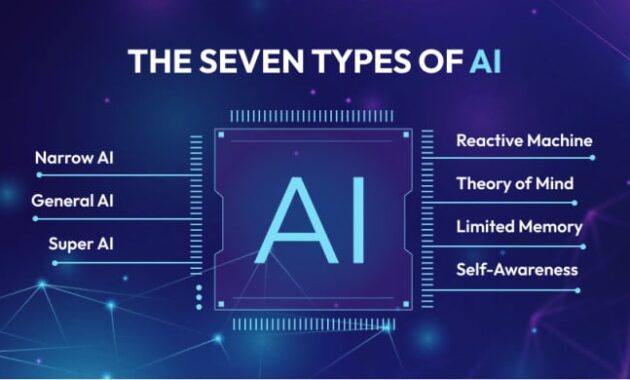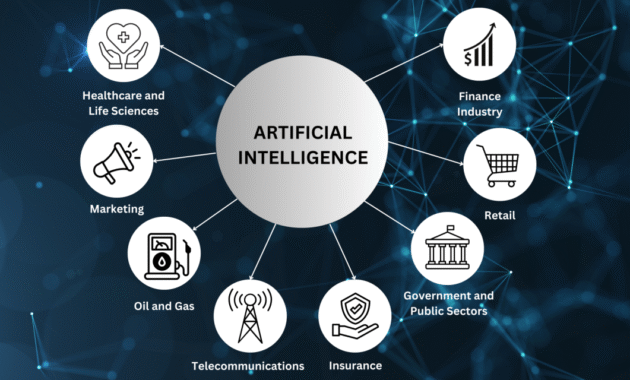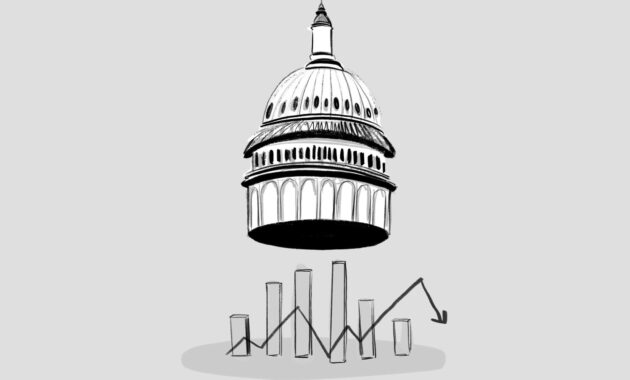Artificial Intelligence (AI) is no longer a futuristic concept—it’s here and transforming the world in real time. From how we work and communicate to how we make decisions and treat diseases, AI is becoming embedded in the fabric of modern life. In this article, we’ll explore how AI is changing different sectors, its potential risks, and what individuals and organizations need to understand to navigate this evolving landscape.
Artificial Intelligence Information Understanding Artificial Intelligence
Artificial Intelligence refers to the ability of machines to perform tasks that typically require human intelligence. These include activities such as learning, problem-solving, understanding language, recognizing patterns, and making decisions.
Artificial Intelligence Information : Types of AI

- Narrow AI: AI systems designed to perform a specific task, like facial recognition or language translation.
- General AI: Hypothetical AI that can perform any intellectual task a human can do.
- Superintelligent AI: A theoretical form of AI that surpasses human intelligence.
Key Technologies Behind AI
- Machine Learning (ML)
- Natural Language Processing (NLP)
- Computer Vision
- Robotics
- Neural Networks and Deep Learning
AI in Everyday Life
AI impacts daily activities in ways most people don’t even realize.
Digital Assistants and Smart Devices
Siri, Alexa, and Google Assistant use AI to understand commands, schedule appointments, and control home devices.
Personalized Recommendations
Streaming services like Netflix and music apps like Spotify use AI algorithms to suggest content based on your behavior.
Navigation and Ride-Hailing Apps
Google Maps, Waze, Uber, and Lyft use AI for route optimization, traffic forecasting, and pricing models.
How AI is Transforming Industries

Healthcare
- Diagnostics: AI systems can analyze imaging scans and lab results faster than humans.
- Drug Development: AI accelerates the identification of new drug compounds.
- Personalized Medicine: Tailoring treatments based on genetic information and predicted responses.
Finance
- Fraud Detection: AI analyzes transaction patterns to detect fraudulent activity.
- Algorithmic Trading: High-speed trading based on AI-driven analysis.
- Customer Support: AI chatbots assist with 24/7 banking support.
Education
- Adaptive Learning Platforms: AI adjusts content based on student performance.
- Automated Grading: Speeds up the assessment process.
- Virtual Tutors: Provide additional support for students outside the classroom.
Transportation
- Autonomous Vehicles: Self-driving technology is powered by computer vision and AI.
- Traffic Management: Smart traffic lights and predictive maintenance improve efficiency.
Retail and E-Commerce
- Chatbots and Virtual Assistants: Improve customer service.
- Inventory Management: AI forecasts demand and manages stock.
- Personalized Shopping: Recommends products based on user behavior.
Manufacturing
- Predictive Maintenance: AI anticipates machine failures before they happen.
- Quality Control: AI-powered systems inspect products more accurately.
- Automation: Robots handle repetitive tasks efficiently and safely.
AI and the Job Market
Job Displacement vs. Job Creation
- Displacement: AI automates repetitive tasks, affecting roles in manufacturing, data entry, and transportation.
- Creation: AI opens up new roles in data science, machine learning engineering, and AI ethics.
Skills for the AI Age
- Technical Skills: Coding, data analysis, machine learning.
- Soft Skills: Creativity, adaptability, critical thinking.
- Lifelong Learning: Adapting to new tools and technologies is essential.
Ethical and Societal Concerns
Bias and Discrimination
AI systems can reflect the biases in the data they are trained on, leading to unfair outcomes.
Privacy
Facial recognition, data collection, and tracking raise concerns about surveillance and individual rights.
Job Inequality
Low-skilled workers may be disproportionately affected by automation.
AI Governance
Governments and institutions are beginning to develop frameworks for responsible AI use.
The Role of Governments and Regulations

Policy Development
Governments around the world are creating AI strategies to foster innovation while managing risks.
International Collaboration
The global nature of AI requires countries to collaborate on standards, ethics, and best practices.
AI in Public Services
From predictive policing to social services, AI is becoming a tool for government efficiency—but with ethical caveats.
The Future of AI
Advancements to Watch
- General AI Development
- Improved Natural Language Processing (e.g., ChatGPT)
- Human-AI Collaboration Tools
Positive Potential
AI can help solve global challenges—climate change, disease outbreaks, and food insecurity—if used responsibly.
Challenges Ahead
- Ensuring transparency
- Preventing misuse
- Balancing innovation with ethics
Also Read : How To Implement Technology Solutions Effectively
Conclusion
Artificial Intelligence is fundamentally reshaping our world, offering immense benefits while also posing significant challenges. Its influence spans every sector, from healthcare to transportation, and is embedded in the technologies we use daily. By understanding how AI works and engaging with its ethical and societal implications, individuals, organizations, and governments can ensure that this powerful tool is harnessed responsibly. The future will belong to those who learn to coexist and collaborate with AI.
Frequently Asked Questions (FAQs)
Q1: What is artificial intelligence in simple terms?
Artificial Intelligence is the simulation of human intelligence processes by machines, especially computer systems.
Q2: How is AI used in daily life?
AI powers virtual assistants, recommends content, helps in navigation, and even automates household appliances.
Q3: Is AI taking over jobs?
AI is automating some tasks, which may lead to job displacement in some fields, but it also creates new job opportunities in others.
Q4: What are the risks of artificial intelligence?
Risks include bias, privacy invasion, job displacement, and potential misuse in surveillance or warfare.
Q5: Can AI be controlled?
Yes, through ethical design, transparent systems, and effective regulation, AI can be guided responsibly.




